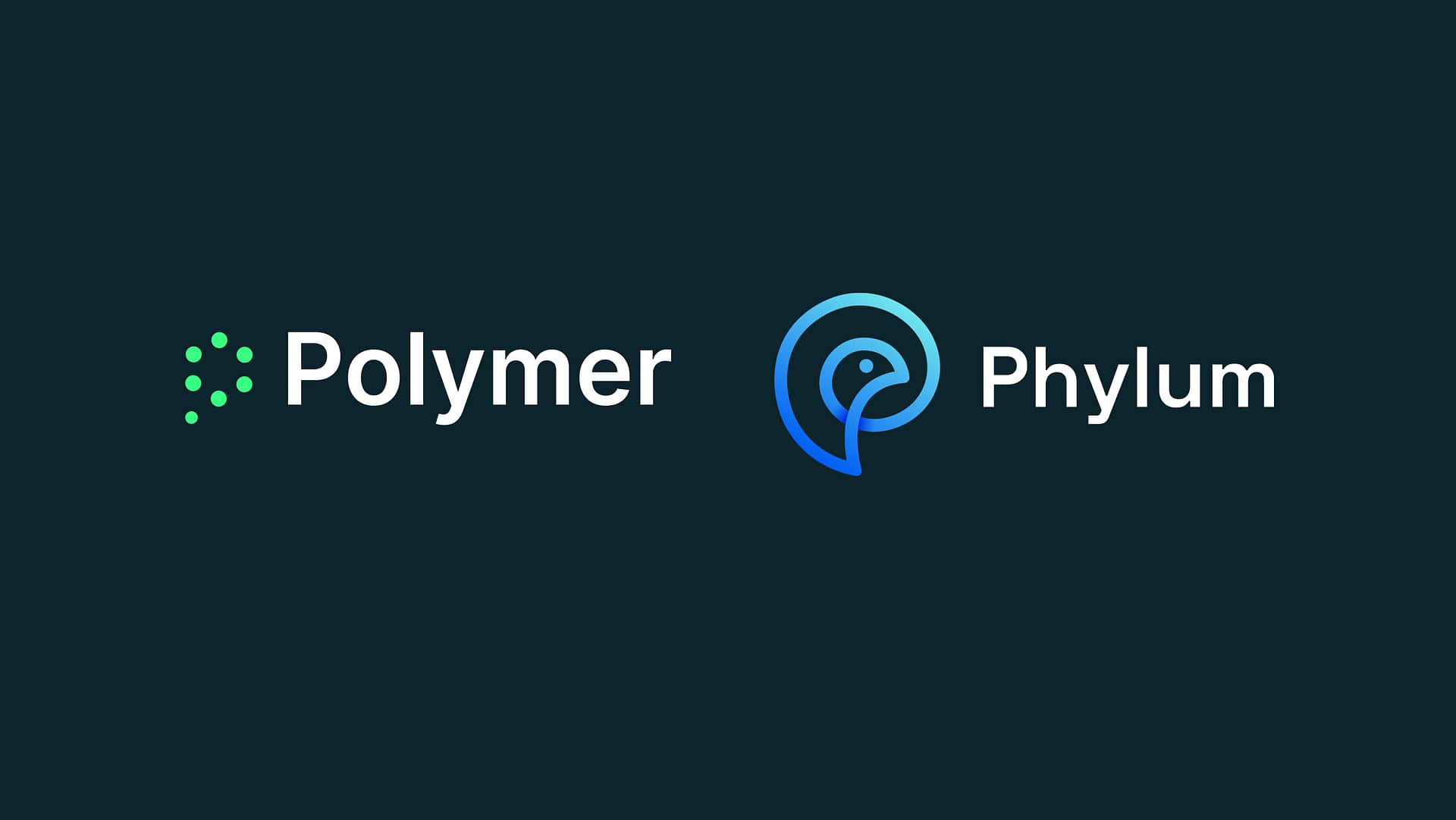With over 4 billion people currently lacking access to healthcare services and a projected shortage of 11 million health workers by 2030, AI might well be a savior for healthcare organizations in the next several years. From revolutionizing drug delivery to enhancing diagnostic accuracy, AI could significantly enhance both the quality of care and the efficiency of healthcare systems worldwide.
But while the promise of AI is immense, the journey to fully integrating it into healthcare systems isn’t straightforward. To unlock AI’s benefits (while managing risks like data security and privacy concerns) healthcare organizations need a clear strategy. This is where AI readiness comes in—it’s the key to ensuring that AI is deployed safely, ethically, and effectively.
What is AI readiness?
AI readiness serves as the cornerstone for embedding ethical AI into the heart of your organization’s operations. It involves preparing the organization across several dimensions: technology, compliance, DevOps, organizational culture, and data management. This is not a one-time process—it’s a journey that evolves over time and requires constant attention.
AI readiness is critical because it ensures that AI is deployed in a way that minimizes risks like data leaks and misinformation, while maximizing the technology’s potential to drive innovation and improve patient care.
The path to AI readiness in healthcare consists of five key stages:
- Awareness: AI is on the radar, but implementation is still in the early stages. There’s no formal strategy in place, and pilot projects have yet to be initiated.
- Active: AI is taking form through proof-of-concept and pilot projects. Teams are exploring AI’s potential through knowledge-sharing initiatives, and initial discussions around policies are starting to take place.
- Operational: An AI project is now live and delivering measurable outcomes. There’s clear executive buy-in, established policies and procedures, and a committed budget to drive AI initiatives forward.
- Systematic: AI is embedded into multiple products and services, with widespread adoption across departments. The organization is leveraging AI to streamline operations and enhance performance.
- Transformational: AI is fully integrated into the fabric of the organization, driving continuous innovation and transforming both operational and strategic outcomes.
Why AI readiness matters for healthcare organizations
The sooner your healthcare organization is ready to leverage the transformative potential of AI, the better positioned you’ll be for the future. Research consistently shows that AI will drive productivity, reduce costs, and foster innovation within the healthcare sector.
However, for all AI’s potential, healthcare lags behind other industries in AI adoption, ranking fifth behind sectors such as finance and consumer goods. This is a significant concern, especially considering AI’s potential to drive critical improvements in patient care and operational efficiency.
For example, studies show that AI could reduce up to 86% of errors made by healthcare professionals, saving more than 250,000 lives each year. Other research shows that AI integration can lead to annual healthcare savings of over $200 billion.
But AI readiness isn’t solely about innovation—it’s equally about mitigating AI risks. Given the complexity and sensitivity of healthcare data, AI deployment must be handled with rigor and foresight.
Without the proper safeguards, organizations expose themselves to the risk of data breaches, inaccuracies, and potentially misleading outputs—all of which could have far-reaching impacts, not only for your organization’s reputation but, more critically, on patient outcomes and trust.
Obstacles hindering AI readiness
For all its promises, many healthcare organizations are facing significant challenges when it comes to implementing AI at scale. Key struggles include:
- Regulatory compliance: Healthcare organizations must navigate a complex landscape of regulations when implementing AI, including data protection laws like HIPAA.
- Data quality and availability: AI relies on large volumes of clean, accurate data. Without high-quality data, AI models can become inaccurate, limiting their effectiveness.
- Lack of AI talent: The demand for skilled AI professionals far exceeds supply, making it difficult for healthcare organizations to develop, deploy, and maintain AI solutions.
- Integration with legacy systems: Integrating AI with existing healthcare systems can be costly and time-consuming.
- Security and privacy risks: AI systems require robust data protection to prevent breaches and safeguard sensitive patient information.
- Cost of implementation: Deploying AI at scale demands significant investment in both technology and human resources, posing a barrier for some healthcare organizations.
- Cultural shift and change management: AI adoption requires a willingness amongst staff to let go of prior workflows.
The five pillars of AI readiness
To overcome these challenges, healthcare organizations need a structured approach for integrating AI into their operations. This is where the five pillars of AI readiness can assist. They give healthcare organizations a tried-and-tested framework that lays the foundation for successful AI adoption.
1. Technology readiness
To harness AI’s full potential, healthcare organizations must ensure their technological infrastructure is prepared to support scalable AI initiatives. This begins with building AI models that are both reliable and robust, designed to perform well in diverse real-world environments. Continuous testing and validation are vital to maintain model performance once deployed in production.
Additionally, identifying and addressing any biases during the training phase is crucial to ensure AI systems deliver fair and equitable outcomes. Lastly, securing AI systems in controlled environments is vital—protecting sensitive patient data from breaches or misuse must be a top priority.
2. Compliance readiness
AI implementation in healthcare comes with significant regulatory obligations. Leaders must ensure that AI systems are fully compliant with critical standards, such as HIPAA, SOC2, and ISO, to protect patient privacy and meet ethical standards. Establishing a robust framework for data governance is crucial—defining clear policies on how patient data is collected, processed, and accessed is essential to ensure compliance.
Beyond regulations, transparency in AI decision-making is crucial for building trust, especially in high-stakes areas like healthcare. Stakeholders need clarity on how AI influences decisions and outcomes, particularly when it involves sensitive patient data.
3. DevOps readiness
Successfully deploying AI solutions requires a strong DevOps strategy. AI systems must be integrated into existing delivery frameworks, with well-defined processes for continuous integration and deployment (CI/CD). This enables healthcare organizations to automate updates and streamline testing, ensuring that AI models remain aligned with evolving needs. Automated testing frameworks are essential to maintain model accuracy, fairness, and performance over time, ensuring AI systems continue to deliver value.
4. User training
AI adoption represents a significant cultural shift. Training the workforce is as critical as technology integration, as it empowers employees to use AI tools safely and effectively. Healthcare staff must understand how to handle sensitive data and follow best practices to prevent AI breaches. It’s equally important to ensure employees know when it’s appropriate to use AI and when it may not be the best solution. This reduces the risk of AI misuse and ensures it is applied where it can truly add value.
5. Data readiness
The success of AI in healthcare hinges on data—the foundation on which models are built. Organizations must ensure they have high-quality, well-organized data that AI can reliably depend on. This means implementing clear data mapping frameworks and ensuring data sources are accurate and up to date.
Assess your organization’s AI readiness
Is your healthcare organization ready to take the next step toward AI adoption? Our free AI-readiness assessment can help you evaluate your current position and build a roadmap for successful AI implementation. Click here to take the assessment.



